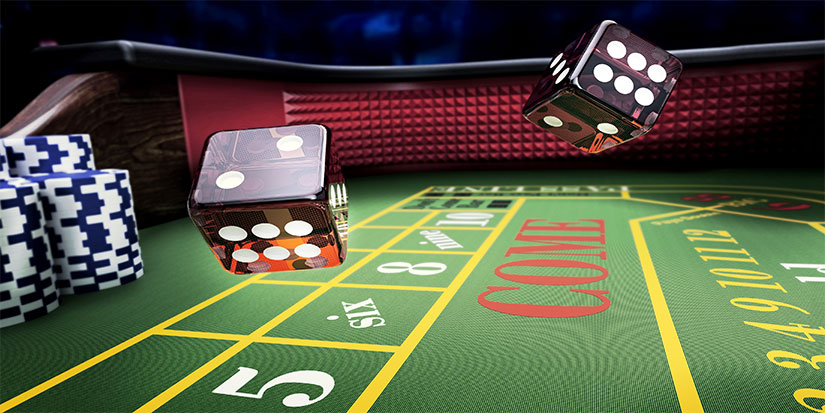
The Gamblers
I do not have a gambling addiction. That has never been my thing. Yes, I will go into a casino and walk up to a craps table and throw down $500, but after $250 of it disappears, I get frustrated and quit. I am not one of these people who is doubling down and doing the martingale and heading out to the ATM to get more money. Look, I have an addictive personality, and I am addicted to all sorts of things, but I have never been addicted to gambling.
I am not much of a risk-taker in the investment world either. I am very, very conservative. I think of things in terms of probabilities, and I take positions when the probabilities are in my favor. It is very cautious speculation. But I do consider myself to be a speculator: I am someone who tries to predict tomorrow’s prices today. And over a 25-year investing career, I have done a pretty serviceable job.
But investing and gambling have a lot in common. In each case, you can game the system. There are card counters and dice controllers. There are highly skilled poker players. And there are people who hire 13 Russian programmers to beat the odds in Daily Fantasy Sports, winning million-dollar prizes.
In any market, there are skilled people and unskilled people, and the skilled people generally take money from the unskilled ones. If you bet on sports on some app like FanDuel or DraftKings, know that you are a fish that is chumming the waters for someone who knows a lot more about sports than you do. In situations like these, there are a handful of people who make 90% of the money, and the rest of us are basically making a donation. I think if you saw the statistics on who wins at sports betting, it would probably not make you want to bet on sports.
Not Playing
In the markets, the only way to win is not to play, which basically means that you are going to buy stocks and hold them forever and dollar-cost average over time. If you do this, and you ride out the volatility (which is a big if), you can retire with a lot of money at the end.
Of course, a lot of people are saying this now, but they weren’t saying it in 2002, and they weren’t saying it in 2008, and they were crapping themselves during the pandemic in 2020. You know my whole thesis on this: People can’t ride out the volatility, which is an argument for investing in something that is low-volatility so you can stomach the (small) ups and downs. The stock market will probably go down 50% once or twice in your lifetime, and there will probably be one or two periods with 10-year returns of 0%. A lot of this depends on valuations. When valuations are high, forward returns are lower. When valuations are low, forward returns are higher. Valuations are high right now, which is an argument for the investing environment being a lot tougher than it was for the last 10 years.
Gambling is recreation, and one key difference between gambling and investing is that with gambling, you know that you’re probably going to lose. If you’re just punting stocks around with no information edge, you’re going to lose money over time. If you buy a portfolio of stocks and leave it alone for 10 years, you’re probably going to be happy with the result, as long as you are diversified across sectors and styles.
So, the best way to win is not to play. Of course, most people have some “screwing-around money” that they use to punt around stocks. As long as you view this as recreation and not a retirement plan, this is perfectly healthy behavior. We all need a little action sometimes.
0DTE
You have probably heard of zero days to expiration options. This is the latest gambling fad in the markets, along with leveraged ETFs and options on leveraged ETFs. The list goes on. These financial instruments serve no economic purpose other than speculation. They’re certainly not allowing people to hedge anything. That’s because Americans are crazy gamblers who will bet on anything. Well, if America is full of crazy gamblers who will bet on anything, then it’s probably a good business to be a market-maker. The big market-making firms were doing pretty well, last I checked.
Anyway, don’t do this, at least not with money you’re going to need someday. A friend of a friend once spoke with an executive at one of the big online brokerages. The typical customer opens an account with $10,000, whittles it away to zero, and then stops trading. The business is all about finding new customers. There is a reason you see those commercials with babies playing pickleball—they need fresh meat.
Jared Dillian, MFA
Previous
The Gamblers
Next
The Gamblers